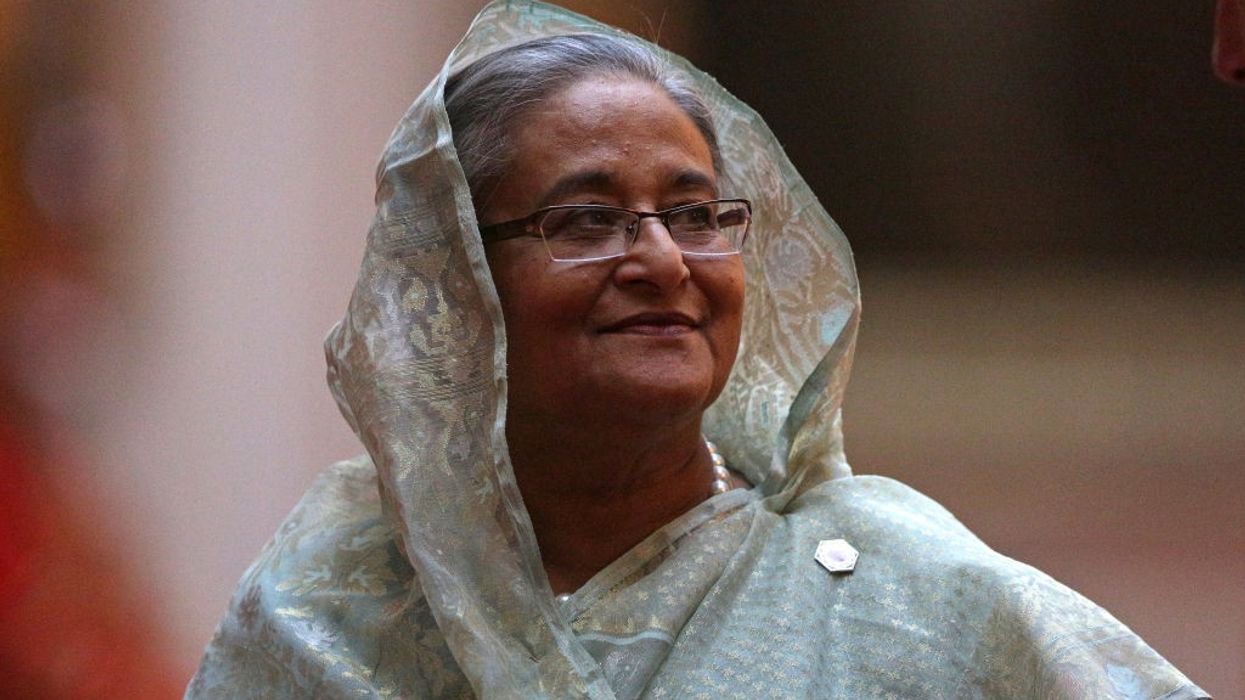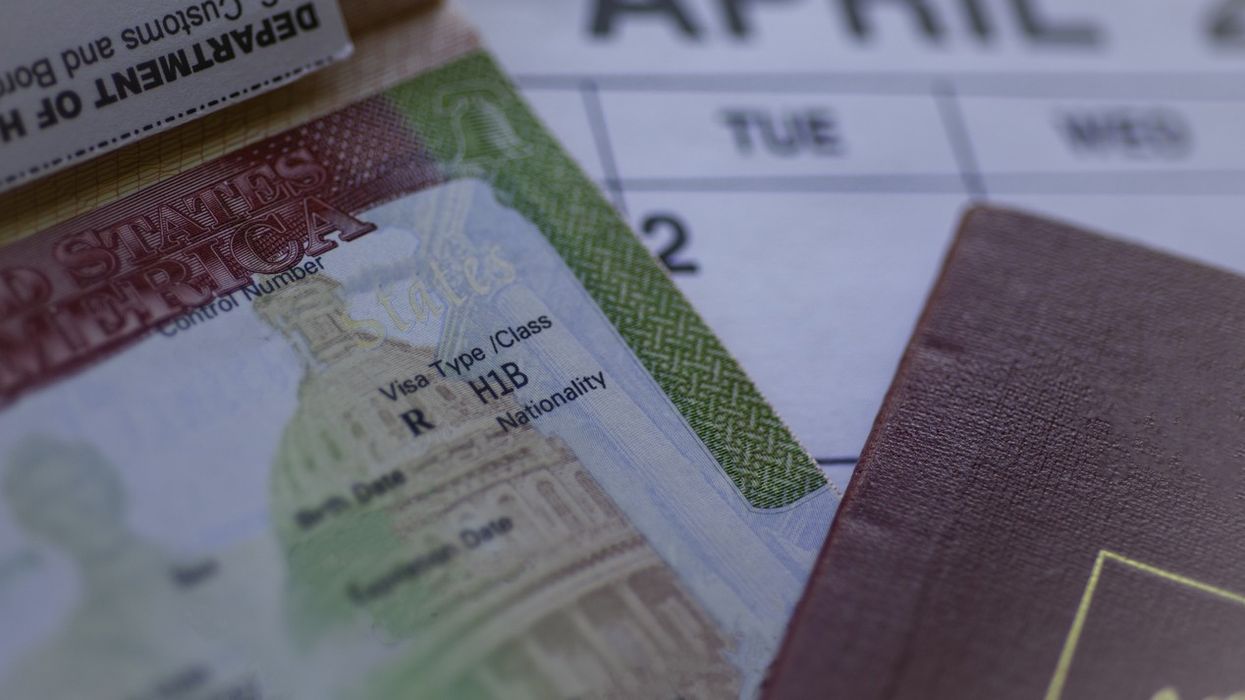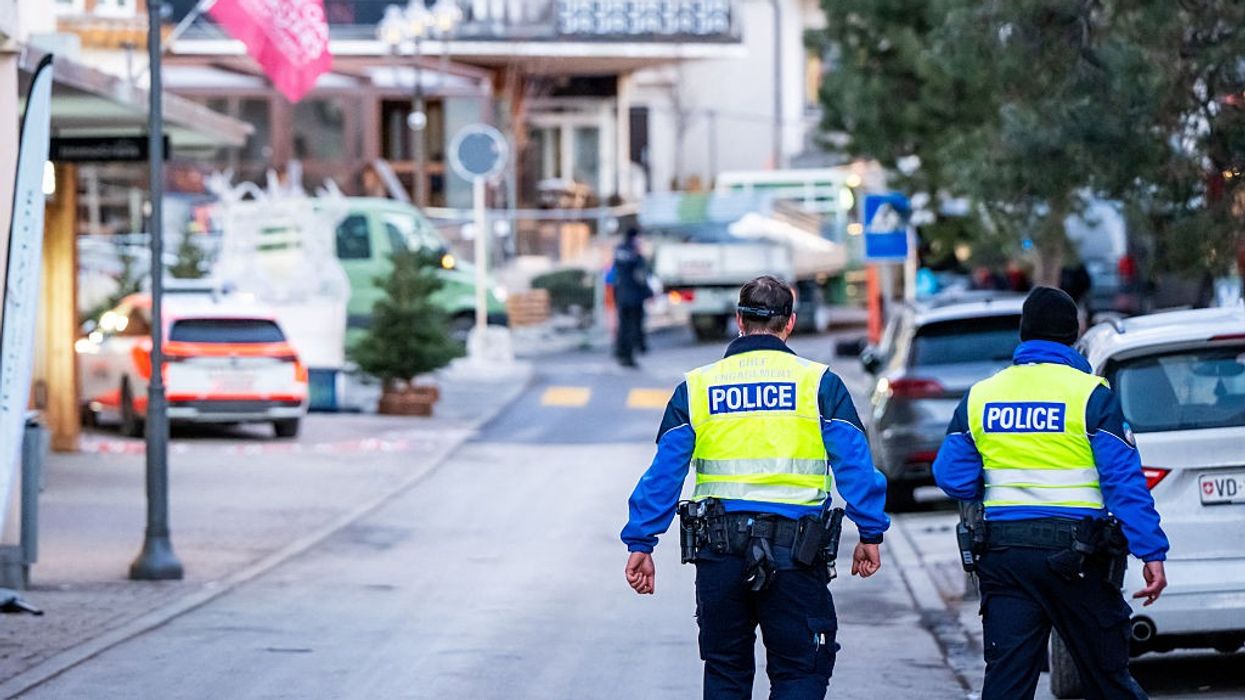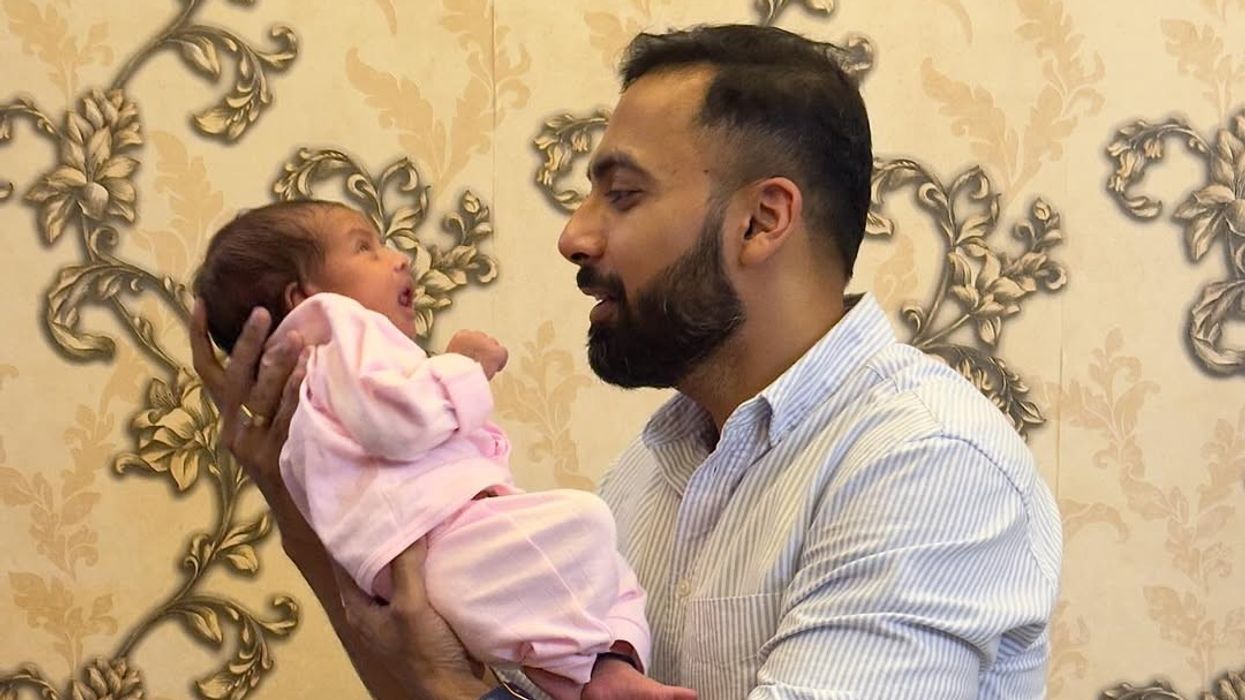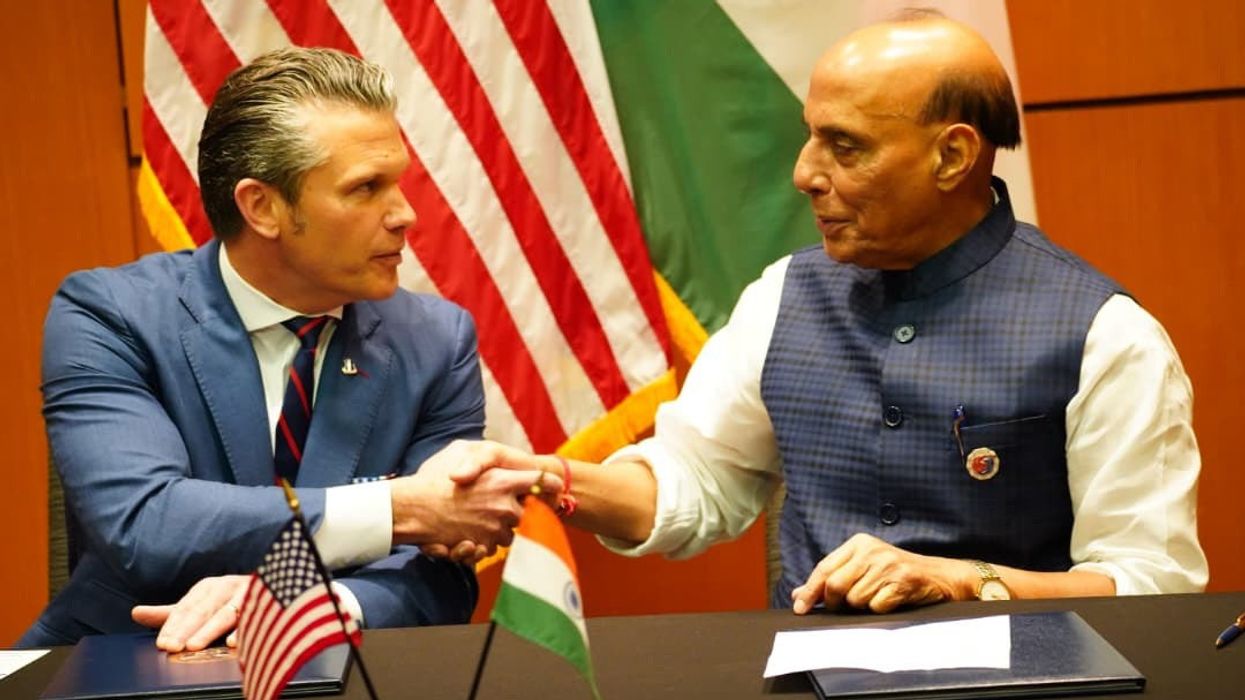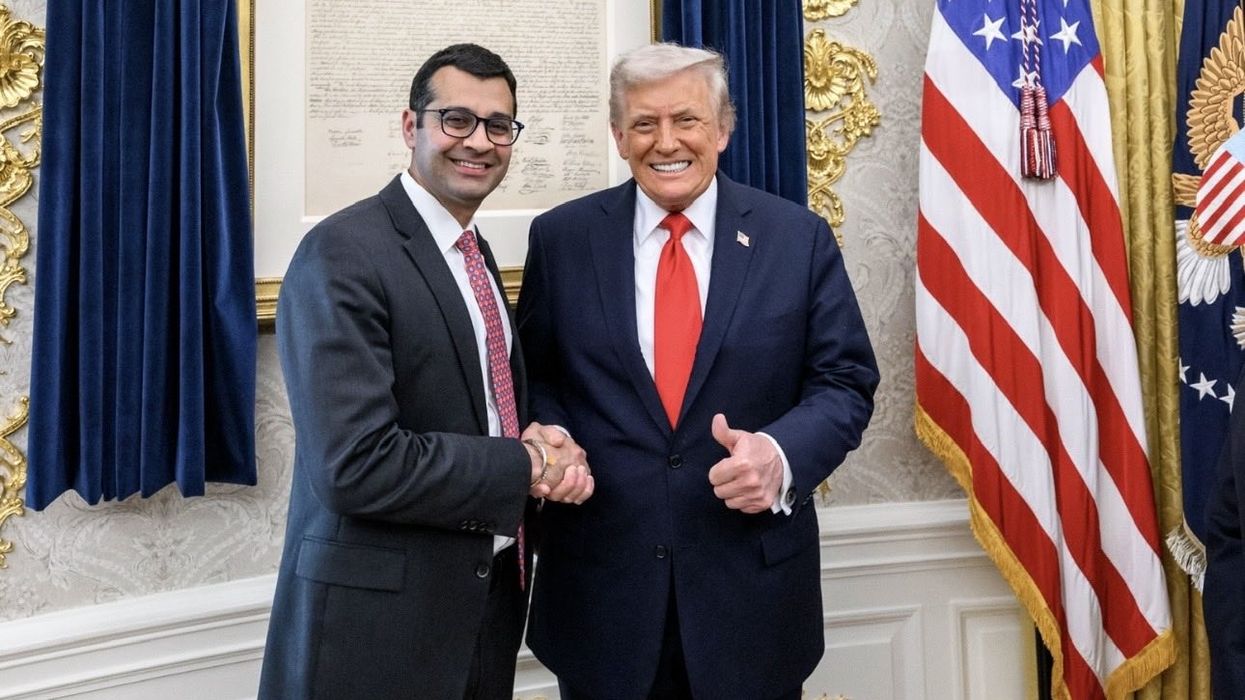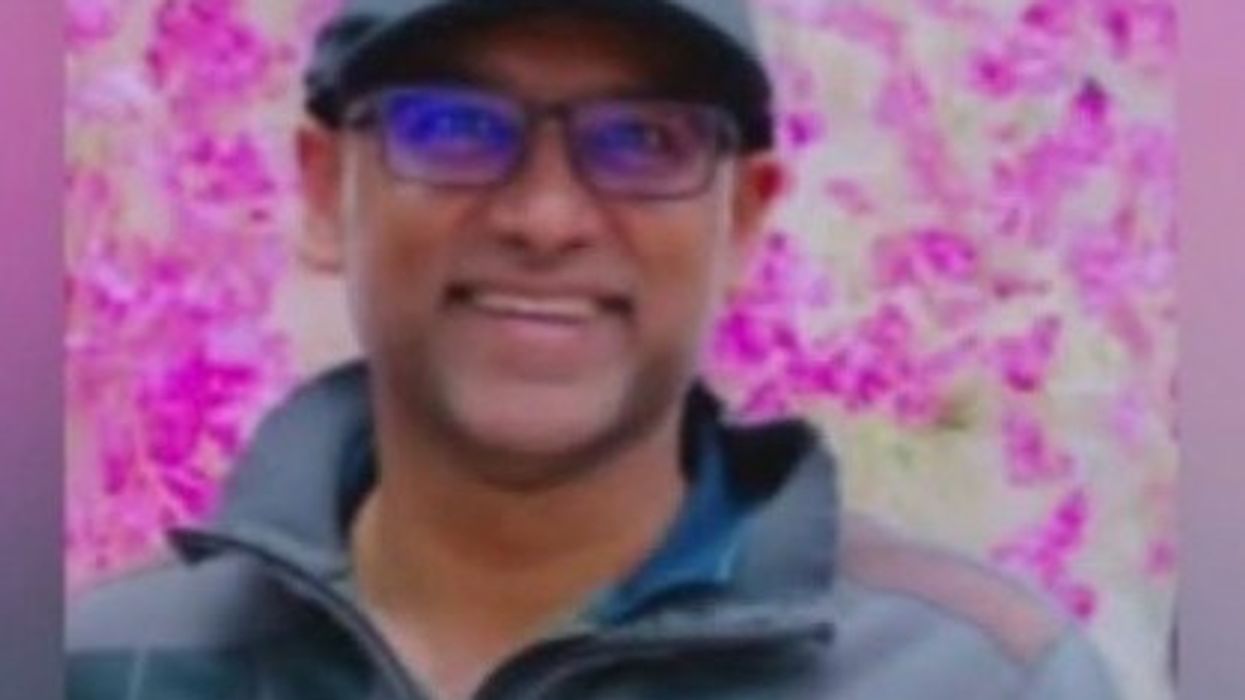Highlights:
- India formally acknowledged the death sentence given to former PM Sheikh Hasina by a Bangladesh Tribunal.
- Dhaka has formally requested that India immediately hand over Hasina, who is currently exiled there.
- India responded by emphasizing its commitment to the "peace, democracy, and stability" of the Bangladeshi people.
- The 2013 treaty allows India to reject the request if it is found to be "politically motivated."
- Bangladesh's Foreign Ministry warned that sheltering Hasina would be viewed as an "extremely unfriendly act."
The Indian government has formally acknowledged the recent verdict from Bangladesh's International Crimes Tribunal (ICT) regarding its former prime minister Sheikh Hasina.
On Monday (17), India's Ministry of External Affairs (MEA) released a statement addressing the situation after the ICT sentenced Hasina to death over her alleged involvement in the violent crackdown on student protests in July of the previous year.
Bangladesh's capital, Dhaka, has officially requested that India immediately extradite Hasina, who has been residing in India since she fled Bangladesh following the widespread unrest last year. The request also included former Interior minister Asaduzzaman Khan Kamal, who was also sentenced to death by the ICT.
India's statement
India's response was careful and measured. The MEA stated: "As a close neighbour, India remains committed to the best interests of the people of Bangladesh, including in peace, democracy, inclusion and stability in that country. We will always engage constructively with all stakeholders to that end."
This statement confirms India has 'taken note' of the verdict but does not explicitly commit to fulfilling the extradition demand. Instead, it focuses on India's dedication to the well-being and stability of Bangladesh.
The extradition treaty context
Bangladesh's Ministry of Foreign Affairs is pressing for Hasina's return, citing the bilateral extradition treaty signed between the two countries in 2013. They argue that the verdict found Hasina 'guilty of crimes against humanity.'
The Bangladeshi government went so far as to issue a warning stating that any country providing shelter to Hasina would be committing 'an extremely unfriendly act and a disregard for justice.' Bangladesh first submitted a formal extradition request back in December 2024.
However, the existing treaty provides a potential legal loophole for India. Article 6 of the 2013 treaty lists several grounds for refusing an extradition request. Crucially, a request may be turned down if it is deemed "politically motivated."
Hasina, since fleeing her home country, has consistently described the allegations against her using this very phrase. Furthermore, the treaty allows for a rejection if the allegations are not made with "bona fide intent" or are not "in good faith in the interests of justice."
India's commitment to "democracy, inclusion and stability" in its neighbor suggests a cautious approach, likely evaluating the political nature of the conviction before making a final decision on the extradition request.
